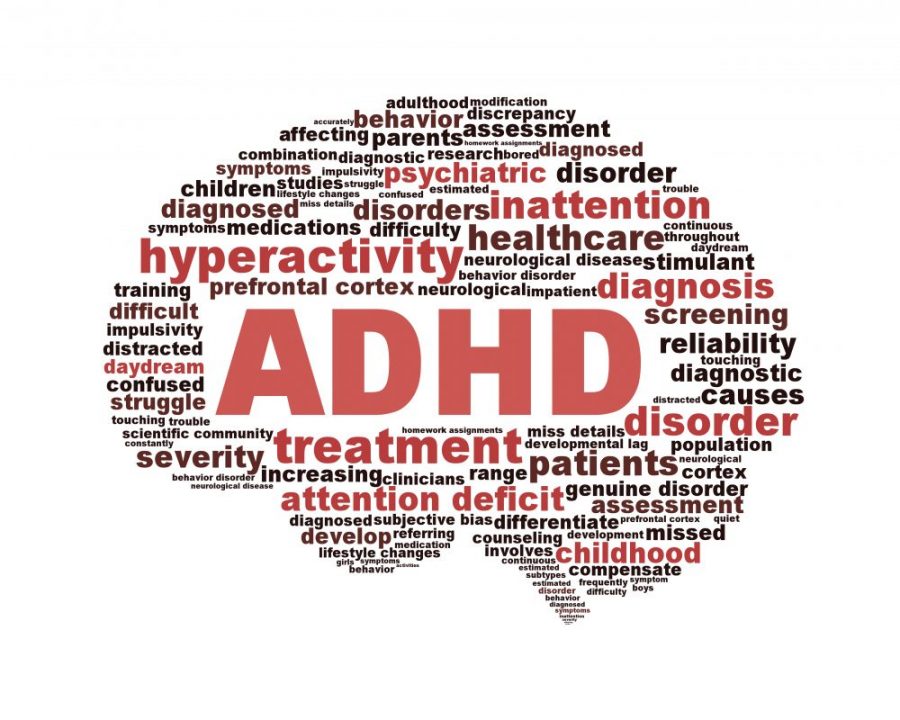Scientists explore the benefits of treating ADHD with cannabis
Did you know that Attention Deficit Hyperactivity Disorder (ADHD) is one of the most commonly diagnosed disorders in children? Statistics show that approximately 5-7 percent of children and adolescents have been diagnosed around the world, as well as 3.5 percent of adults.
Studies have revealed how cannabis may play an integral role in reducing symptoms of the disease, which may occur as a result of restricted dopamine levels in the brain’s prefrontal cortex region.
Although research has not specifically proven that the cannabis plant and its derivatives may positively influence the behaviors of ADHD sufferers, there is evidence to suggest the benefits of using cannabis for ADHD.
As of September 2019, medical cannabis has been legalized in 33 U.S. states and the District of Columbia.
Studies show that 25 percent of people think cannabis could help ADHD
Scientific studies are debunking the myths surrounding cannabis – which was formerly called a “gateway drug” – with surfacing evidence suggesting that cannabis for ADHD may be a good idea.
Based on the results of a study exploring 268 different threads on online forums, approximately 25 percent of people believed that the cannabis plant could play an integral role in reducing the symptoms of ADHD. It should be noted, however, that federal restrictions on the cannabis plant have limited research.
Dopamine is one of the body’s naturally-occurring chemicals and when cannabis is consumed, dopamine levels rise. This neurotransmitter sends signals from nerve cells to the brain, which essentially affects things such as attention, memory and mood.
A separate study published in the journal Nature in 2017 focused on the dopamine-releasing activity of cannabis’ primary psychoactive cannabinoid THC (tetrahydrocannabinol).
According to researchers, dopamine levels may be increased on a short-term basis after cannabis is consumed. On the other hand, high levels of THC may actually slow down dopamine production.
Cannabis for ADHD: Imaging study shows connection between ADHD and grey brain matter
Although cannabis may cause more harm than good if consumed in copious amounts, further research is needed to fully determine this. From the research that exists, we can glean that cannabinoid-based medications may ease the symptoms of ADHD.
For example, one imaging study conducted by Cambridge University researchers and published in the Journal Brain dispels claims that ADHD is related to dopamine. Rather, the researchers associated ADHD with grey matter inside the brain.
Increased volume of grey matter in the brain has been associated with improved memory and overall brain functioning. A recent study conducted this year as part of long-term European project IMAGEN saw 46 cannabis-consuming children demonstrate increased grey matter volume, as opposed to children who did not use weed. The children reportedly tried cannabis at least once or twice before turning 14 years old.
Another trial carried out in 2017 saw an improvement in ADHD symptoms when cannabis was administered to patients. The cannabis plant’s primary cannabinoids include the non-psychoactive element CBD (cannabidiol) and it’s psychotropic cousin THC.
Cannabis for ADHD may cause dependence
Although the findings of the aforementioned studies are promising for individuals who are considering trying cannabis for ADHD, there have been cases in which the plant causes dependence.
To sum up, although the cannabis plant does provide a number of benefits for ADHD patients, there is evidence to suggest that the long-term effects may not be as desirable as the short-term effects. Further research is needed.








